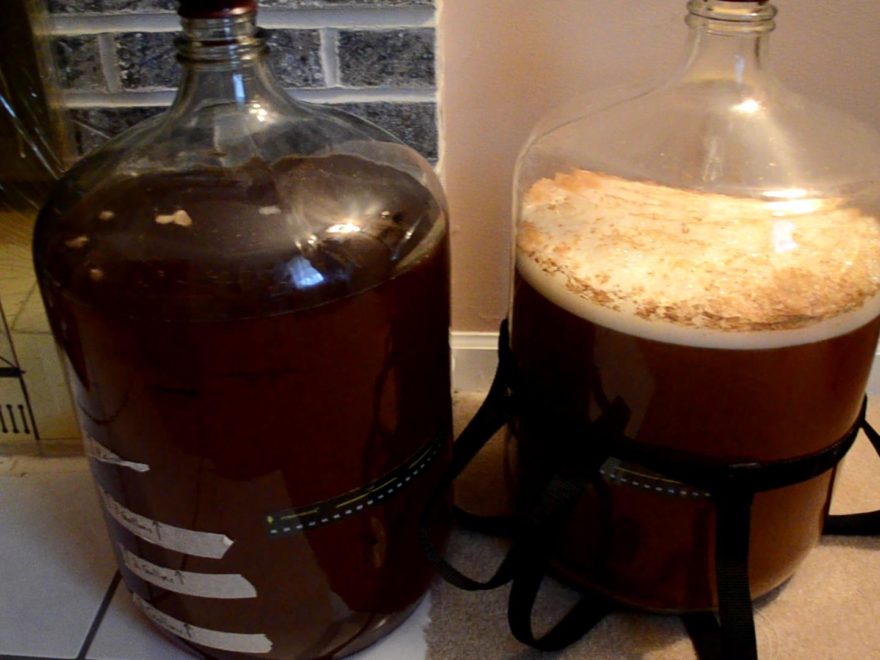I get occasional comments on my YouTube homebrewing videos asking why I don’t rack to a secondary fermenter during fermentation and instead ferment completely in my primary fermenter before kegging. Here is why:
There’s no need and is unnecessary for most beer styles.
Beer not intended for bulk aging (which is most styles except for very high gravity beer like barley wine and scotch ale) does not require racking to a secondary container since it is going to be kegged/bottled soon after fermentation is complete. Two weeks of contact with yeast (much of it during primary fermentation) will not hurt the beer, so I do not see a reason to do anything beyond kegging it when it’s done.
My wines sit on the sediment for months in between rackings to no ill effect. I think beer can handle a couple of weeks just fine.
It’s work.
Sanitizing another vessel (and racking equipment), racking the beer, cleaning the first vessel, and then having to rack and clean the second vessel is extra work and for no gain (see previous section).
It risks adding oxygen to your beer.
You’re increasing the chance of oxidizing your beer and causing off flavors and staling.
It risks contaminating your beer.
You’re increasing the risk of contamination thus possibly causing you to dump a batch of beer.
The beer turns out just fine without it.
I quit using secondary fermenters years ago (maybe a decade or more) and have not noticed any difference in my beers.
Skipping the secondary has made home brewing a much more reliable and enjoyable experience that has contributed to me making beer more often as a result.



When starting out I used a Mr. Beer kit, there is no secondary with these kits, you ferment 2 to 4 weeks and bottle. When I decided i wanted to get mire into beer making I bought the fast fermenter for this very reason. To avoid secondary racking, after your blog here, I do not empty the trube ball until a few days prior to bottleing to ensure no trube ends up in my bottles. Have not had a problem with off tastes. Thanks for sharing.
I come from the old school where the secondary fermenter is a must have, and even recent books have endorsed this practice; but after watching Larry’s video about this, I welcome the idea of not doing this anymore. The question I have is, now that the secondary is not necessary, how long should I keep the beer in the fermenter? For recipes that use a secondary, it seems logical to extend my fermentation for as long as the beer would normally be in the primary and the secondary together. Comments, please.
Fermenting a Belgian golden ale that’s taking over two weeks to ferment. I’m using larry’s advice and I’m not racking to a secondary. Hopefully he’s right
How do the commercial brewers handle it, secondary or not?
Hello Larry,
I hope you are having a relaxing sunday. I’m having coffee and smoking a boston butt, & watching your videos. They have helped me alot. Thanks for your website.
Tracy
You are very welcome. Coffee and butt? Have you tried a coffee rubbed butt? Delicious.